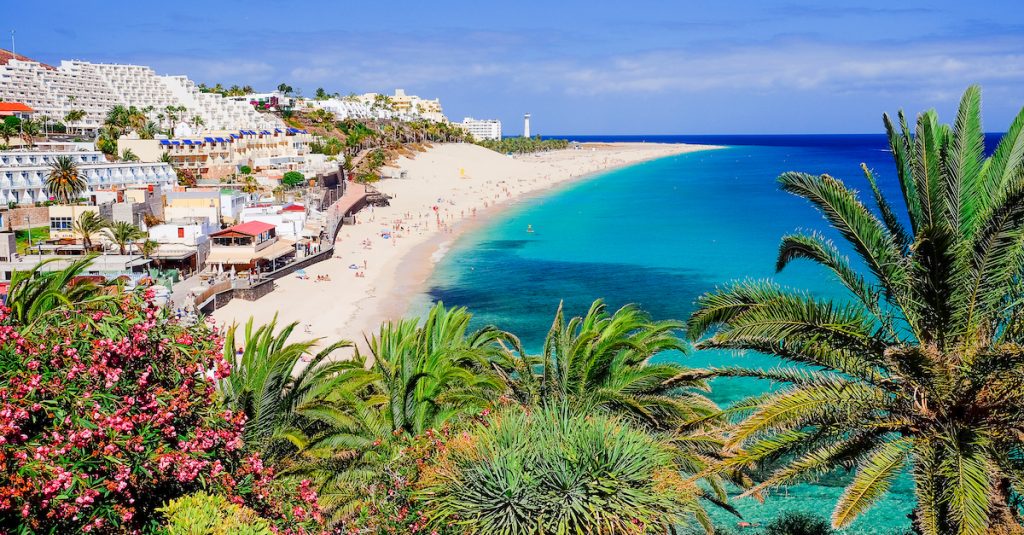A significant number of UK residents are planning international trips this year. Many are rethinking their travel strategies due to rising costs.
Consumer research reveals a trend towards off-peak travel, with 62% of adults planning their main holiday outside the peak season, a 7% increase from last year. Similarly, 57% are looking for affordable flight options, reflecting a broader shift in consumer behaviour as individuals seek to manage travel expenses effectively.
The survey conducted for the Travel Weekly Insight Report noted a considerable portion of travellers are opting for fewer holidays or shorter stays. Specifically, 52% plan to reduce the number of holidays, and 44% aim to shorten their trips. This adaptation signifies the balancing act between desire for travel and financial constraints.
Age plays a role in travel plans. A mere 42% of those over 45 plan overseas holidays compared to 66% of younger adults. Older travellers are less inclined to economise on flights or accommodation. Meanwhile, over half of younger adults plan trips lasting six nights or less, illustrating differing travel priorities across age groups.
Moreover, families exhibit unique behaviours; 64% with children will vacation outside peak times, a 14% rise from previous data. This adjustment suggests a strategic approach to avoid the high costs typically associated with peak holiday periods.
The influence of price on destination choice is prominent, with 48% of respondents highlighting cost as a crucial factor. This emphasises a pragmatic approach to travel, ensuring that financial considerations do not compromise the quality and enjoyment of holidays.
The popularity of beach holidays has decreased, with only 32% of respondents opting for beach destinations for their main trip, marking a 10% decline year-on-year. In contrast, city breaks, activity, rural holidays, and group tours are gaining traction, reflecting a diverse range of interests and new priorities among travellers.
This diversification of holiday types suggests travellers are exploring various cultural and experiential opportunities, possibly as a response to lifestyle changes and evolving personal preferences during the pandemic period.
Alistair Pritchard from Deloitte points out the inherent demand in the travel sector, noting leisure travel as a top area of discretionary spending. Despite cost pressures, there is an optimism that consumers will not compromise on quality. He projects a potential adjustment in travel capacity to accommodate the economic climate, impacting pricing and availability.
The report predicts that while financial constraints may alter some travel behaviours, the intrinsic value placed on quality travel experiences remains a priority for many consumers.
The survey, conducted by Service Science/Kantar, interviewed 1,279 UK adults in December. It aimed to capture a snapshot of current travel intentions and economic considerations impacting consumer decisions.
This report serves as a vital resource for understanding consumer trends, aiding travel companies in strategic planning and service offerings to align with evolving market demands.
The comprehensive Travel Weekly Insight Report 2024 is available for stakeholders interested in detailed insights and sector forecasts, offering valuable context for navigating the travel industry landscape.
The evolving landscape of UK travel plans highlights resilience and adaptability. While costs influence decisions, the enduring enthusiasm for travel underscores its integral role in personal and cultural life.

